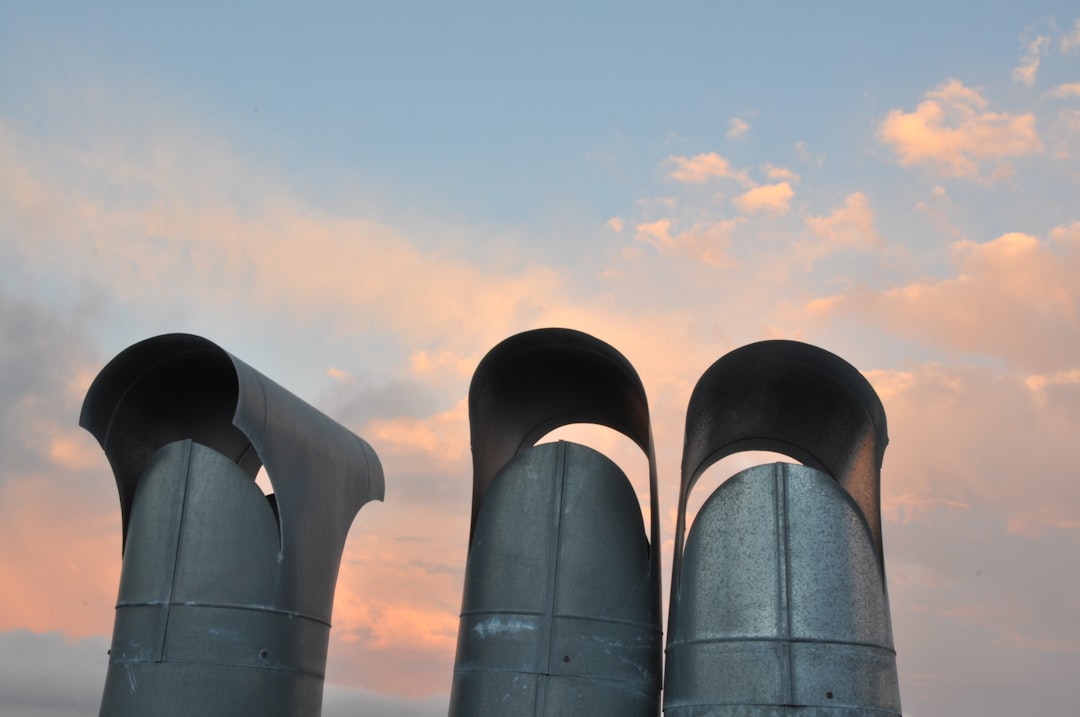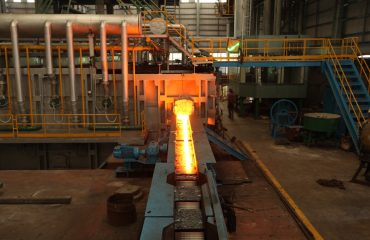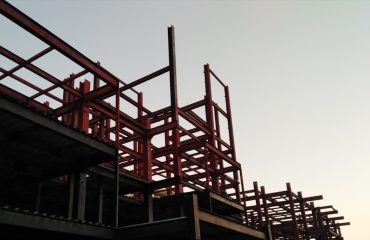Oil refineries are complex and demanding environments, operating under immense pressure and temperature variations. At the heart of these operations lies a vast network of piping systems, primarily constructed from steel. These steel pipes are not merely conduits; they are the arteries of the refinery, transporting crucial fluids, gases, and products throughout the facility. Their integrity is paramount to the safety, efficiency, and profitability of the entire operation. This post delves into the critical role steel pipes play in modern oil refineries.
1. Diverse Applications of Steel Pipes in Refineries
Steel pipes in refineries serve a multitude of purposes, each demanding specific properties and characteristics. They are used to transport a wide range of substances, including crude oil, intermediate products like naphtha and kerosene, finished fuels like gasoline and diesel, as well as various gases like hydrogen and steam. The application dictates the type of steel used, its diameter, wall thickness, and the required level of corrosion resistance.
For example, pipes transporting high-temperature, high-pressure steam require high-strength alloys capable of withstanding extreme conditions. Conversely, pipes carrying less demanding fluids may utilize less expensive carbon steel. The complexity extends to the pipe fittings, valves, and flanges, all crucial components ensuring the seamless flow and controlled handling of these substances.
2. Material Selection: Balancing Strength and Corrosion Resistance
Choosing the right steel for refinery piping is a critical decision. The selection process involves careful consideration of factors like operating temperature, pressure, the corrosiveness of the transported fluid, and the overall lifespan required. Common steel types include:
- Carbon Steel: A cost-effective option for less corrosive fluids and lower pressure applications. However, its susceptibility to corrosion necessitates protective coatings or the use of corrosion inhibitors.
- Low-Alloy Steel: Offers enhanced strength and corrosion resistance compared to carbon steel, often used in higher-pressure applications.
- Stainless Steel: Provides superior corrosion resistance, particularly in environments with acidic or corrosive substances. Different grades of stainless steel (e.g., 304, 316) offer varying degrees of resistance, depending on the specific chemical composition.
- Alloy Steels: These specialized steels, often containing chromium, molybdenum, and other alloying elements, are designed to withstand extreme temperatures and pressures and offer excellent resistance to specific corrosive agents.
The selection process often involves metallurgical testing and simulations to ensure the chosen material can withstand the expected operating conditions over the designated service life.
3. Corrosion Prevention and Mitigation Strategies
Corrosion is a significant concern in oil refineries due to the presence of various corrosive substances. To mitigate corrosion, various strategies are employed:
- Protective Coatings: Applying coatings like epoxy resins, paints, or zinc galvanization protects the steel pipes from direct contact with corrosive fluids.
- Corrosion Inhibitors: Adding chemical inhibitors to the transported fluids slows down the corrosion process.
- Cathodic Protection: This electrochemical technique protects steel pipes by making them the cathode in an electrochemical cell, preventing oxidation.
- Regular Inspection and Maintenance: Routine inspections, including ultrasonic testing and radiographic testing, help detect early signs of corrosion and prevent catastrophic failures.
The choice of corrosion prevention method depends on various factors, including the type of steel, the corrosive environment, and economic considerations.
4. Safety and Regulatory Compliance in Refinery Piping
Safety is paramount in oil refineries. Steel pipe integrity is a crucial element of overall refinery safety. Strict adherence to industry standards and regulations is mandatory. These standards cover aspects such as:
- Pipe Material Specifications: Standards like ASME (American Society of Mechanical Engineers) define the required properties of steel pipes used in refineries.
- Welding and Fabrication Procedures: Stringent welding procedures ensure the integrity of pipe joints. Qualified welders and rigorous quality control are essential.
- Pressure Testing: Before commissioning, pipes undergo rigorous pressure testing to ensure they can withstand the intended operating pressure.
- Regular Inspections and Maintenance: Regular inspections and maintenance programs help detect and address potential issues before they escalate into safety hazards.
- Emergency Shutdown Systems: Refineries have emergency shutdown systems designed to quickly isolate damaged sections of piping in case of leaks or failures.
Non-compliance with these standards can lead to serious consequences, including leaks, fires, explosions, and environmental damage.
5. The Future of Steel Pipes in Oil Refineries: Innovation and Sustainability
The oil and gas industry is constantly evolving, driving innovation in refinery piping. Research focuses on developing new steel alloys with enhanced properties, including improved corrosion resistance, higher strength-to-weight ratios, and better weldability. Sustainability is also a growing concern, leading to explorations of:
- Recycled Steel: Utilizing recycled steel reduces the environmental impact of pipe production.
- Advanced Coatings: Developing more durable and environmentally friendly coatings extends the lifespan of steel pipes and minimizes maintenance requirements.
- Smart Piping Systems: Integrating sensors and monitoring systems into piping networks allows for real-time monitoring of pressure, temperature, and corrosion levels, enabling proactive maintenance and reducing downtime.
These advancements aim to enhance refinery efficiency, safety, and sustainability while minimizing the environmental footprint of oil refining operations.
In conclusion, steel pipes are the backbone of oil refineries, playing a crucial role in the safe and efficient operation of these complex facilities. The selection of appropriate steel, stringent quality control, and ongoing maintenance are vital for ensuring the long-term reliability and safety of these indispensable components.
SEO Tags:
steel pipes, oil refinery pipes, refinery safety, corrosion resistance, high-pressure piping




